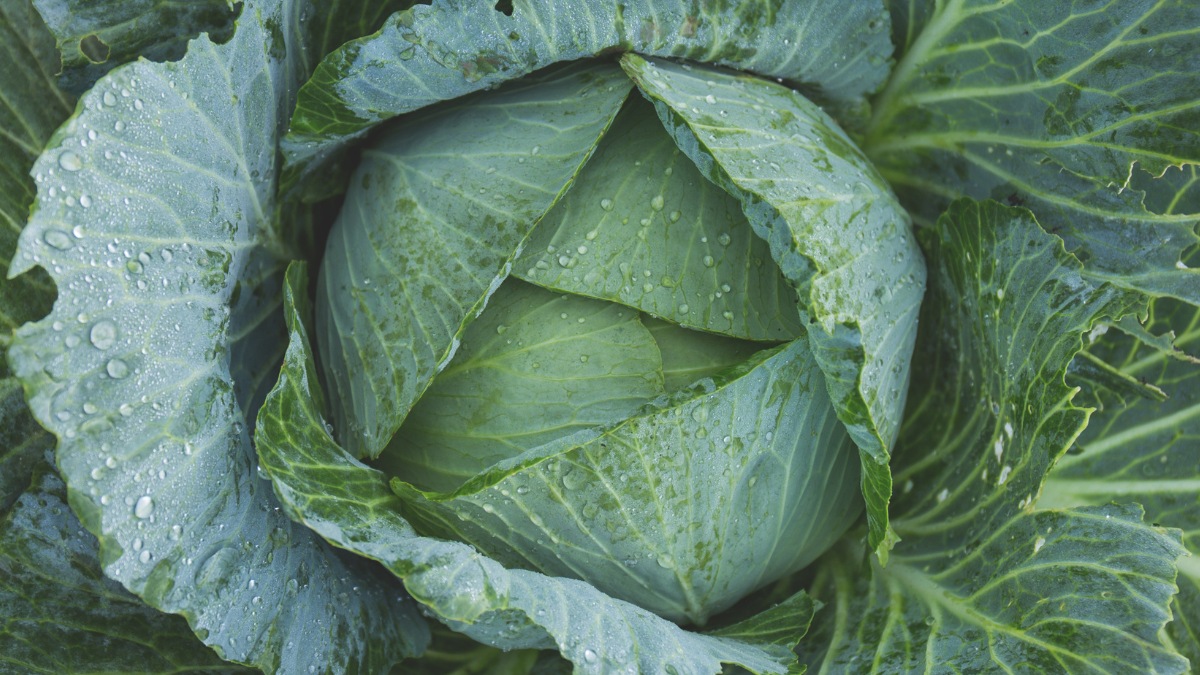The Thing About Brassicas
An old feeling hits at this time of year. With the flurry of spring planting behind me and summer watering upon me, I just want to sit back and not think about the garden for quite a while. Go camping. Swim somewhere.
The first weeks of July pass and I think dang it, I missed the last window to start fall carrots. Come the beginning of August the guilt returns and I drag my thoughts back to fall veggies and the get-‘em-in-by-mid-August recommendation. As much as it pains me to take care of seedlings in summer, harvesting Thanksgiving veggies from the garden is pretty cool. It is also vitally important for soil biology to have roots feeding it for as much of the year as possible. And yet, without fail, the fall rains always find me wishing I’d planted more.
Most fall and overwintering vegetables are brassicas (the cabbage family, including cauliflower, broccoli, brussels sprouts, kale, collards, kohlrabi). The thing about brassicas is that they have very different micro-biology requirements compared to other vegetables. Brassicas thrive with a very low ratio of fungi to bacteria. In fact, they use their exudates to attract biology that helps repel fungi. Their roots just don’t require the same fungal symbioses that other crops seek.
This is why it’s not the best idea to rotate your brassicas with other vegetables. If planted after crops that have attracted fungi to the soil, the brassicas won’t reach their potential. Similarly if you follow brassicas with crops that need fungal associations, those plants will be set back. Better to dedicate one area and build the biology to keep your brassicas well-nourished and pest and disease free, season after season.
If you missed the window for seeding brassicas, we are offering a small number of seedlings that are inoculated with soil food web biology on www.cow-op.ca. To learn more about the soil food web and how you can support it in next year’s garden, I am offering an evening course listed in the CVRD Fall Recreation Guide, www.reccowichan.ca. Registration opens August 1.
Meanwhile, may you find just the right balance between growing happy vegetables and summer fun.
